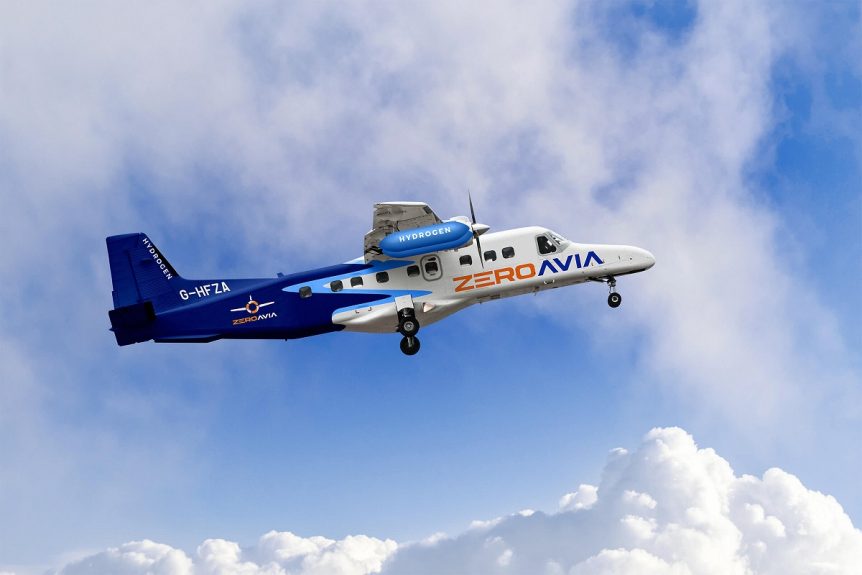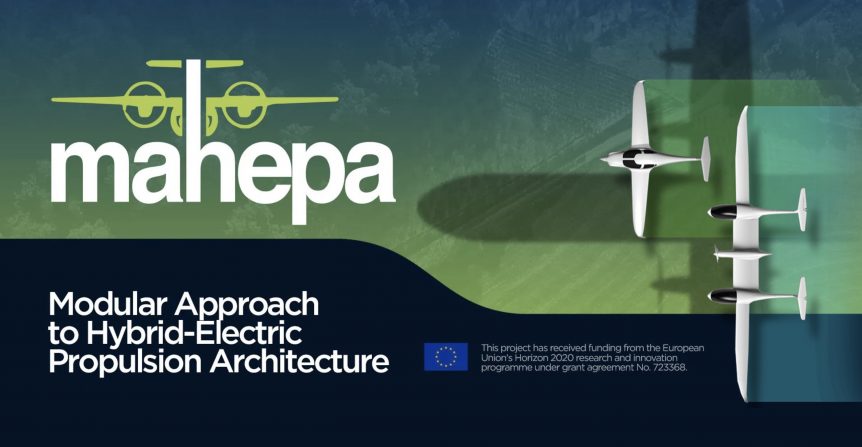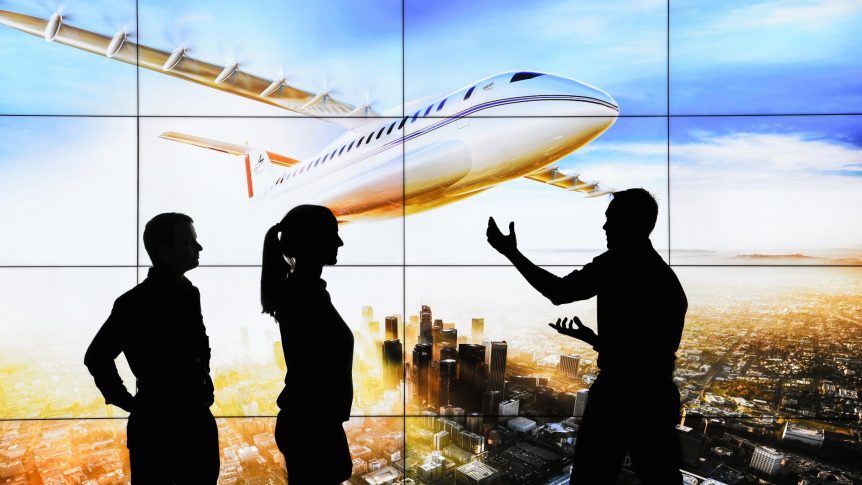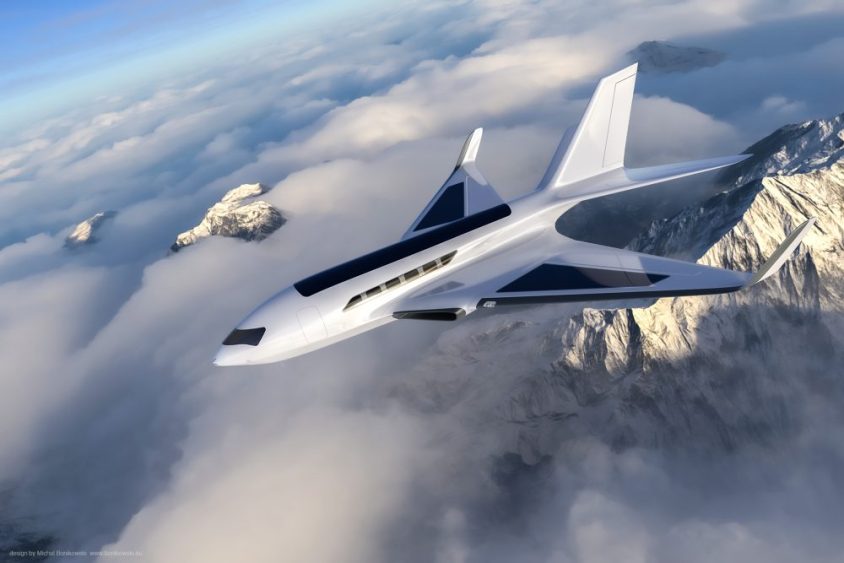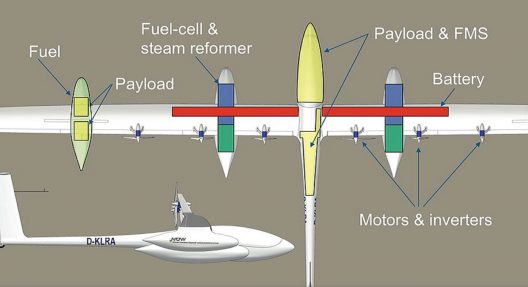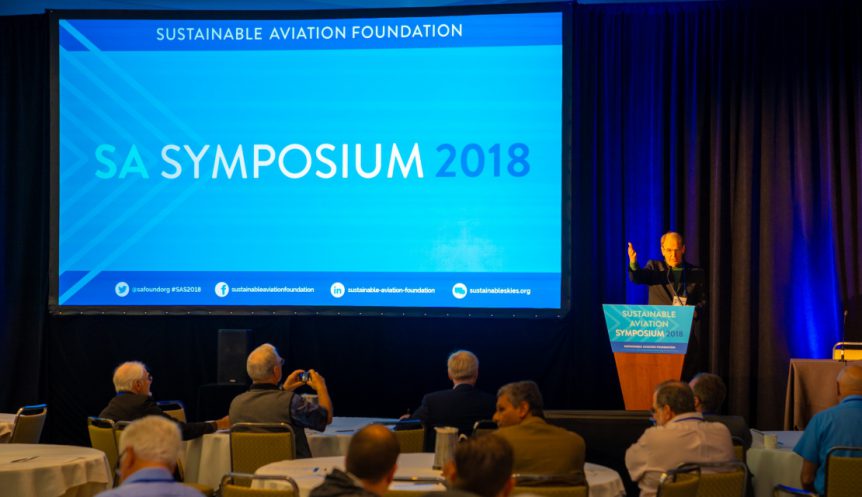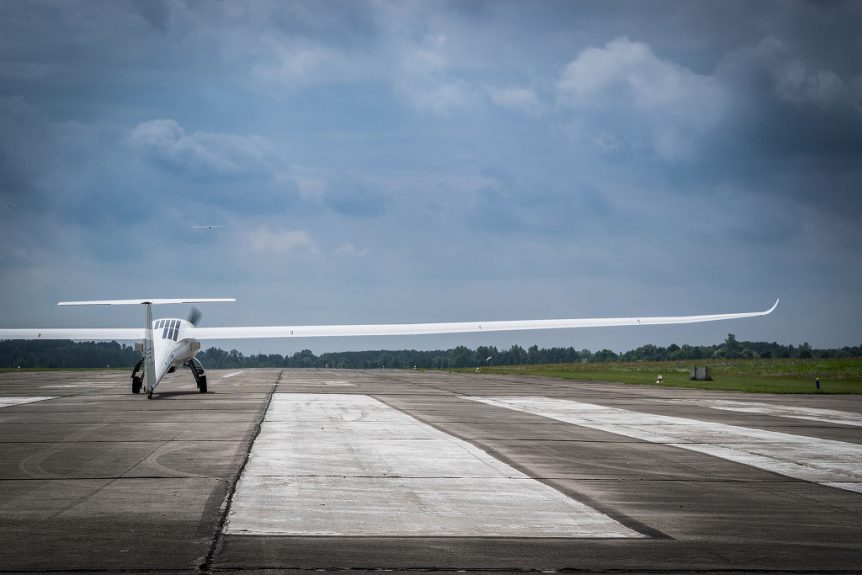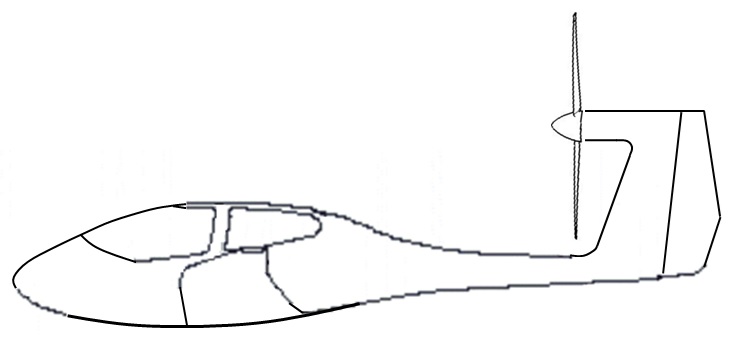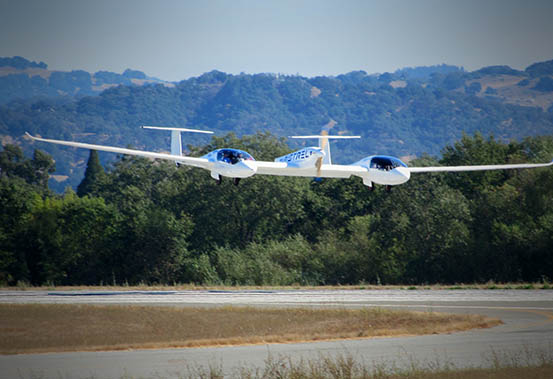Two companies promoting hydrogen power for aircraft are upsizing their aspirations, with aircraft hauling four to up to 40 passengers. Both have ambitious timelines. ZeroAvia, operating in Hollister, California and Cirencester, England has been flying a Piper Malibu demonstrator, but anticipates flying a 10 to 20 passenger Dornier by 2024. It would expand that to a 50-passenger craft by 2026. H2Fly in Germany has been flying their Pipistrel-designed HY4 for several years and through six generations. The firm looks forward to taking incremental steps toward a 40-passenger regional airliner by 2030. ZeroAvia ZeroAvia reports on troubling trends in aviation’s contribution to greenhouse gases, but follows with a possible solution. According to their web site, aviation accounts for over 12 percent of total transportation emissions, and may double that by 2050. High altitude contrails mean aviation emissions have two to four times the effect of ground source emissions. Regulators want drastic changes. The European Union mandates a one quarter the CO2 …
MAHEPA and HY4 Go High
MAHEPA (Modular Aproach to Hybrid-Electric Propulsion Architecture) is a European Union project to build emission-free aircraft. A public flight of Pipistrel’s HY4 hydrogen-powered, four-seat aircraft was the latest demonstration of the group’s progress. Challenging Objectives Overall, MAHEPA hopes to accomplish five objectives: Advancing the fuel-driven serial hybrid-electric Powertrain which uses a lightweight internal combustion engine (ICE), capable of running multiple fuels as the power generation module. Advancing the reliability of zero-emission serial hybrid-electric powertrain which uses a Proton Exchange Membrane (PEM) Hydrogen Fuel Cell (FC) as the power generation module. Advancing new airborne qualified, lightweight, high-power density components such as a 200 kW+ electric motor, a 100 kW+ generator and improved power electronics using Silicon Carbide (SiC) technology to increase efficiency of power transmission due to decreased switching losses. Developing “common building blocks” solutions also for different aircraft configurations, enabling the proliferation of powertrain modules between various aircraft. Gathering, analyzing and comparing in-flight performance and emission data in order to …
DLR’s Future Visions
One Size Does Not Fit All DLR (Deutsches Zentrum für Luft- und Raumfahrt or German Aerospace Center) and the German Aerospace Industries Association (Bundesverband der Deutschen Luft- und Raumfahrtindustrie; BDLI) present future visions of electric aircraft. These range from a four-seat hydrogen-powered repurposed Pipistrel that nine years ago won the NASA Green Flight Challenge to large, multiple propeller, medium-range airliners. Their White Paper, “Zero Emission Aviation – Emissionsfreies Fliegen” (unfortunately available only in German) promotes the promise of “energy transition in air transport, with the goal of zero emissions,” and claims this is “possible by mid-century but requires a considerable increase in innovation.” Rolf Henke, the member of the DLR Executive Board responsible for aeronautics research and technology, explains, “The time has come to start a new chapter in aviation. Our white paper shows the path to emission-free flying for the ‘Green Deal’ in aviation, which will lead to new technologies, attractive high-tech jobs, fascinating products and the promotion of …
Flying the Atlantic Electrically – The Freedom Flight Prize
It almost stops your editor in his tracks when he reflects that 93 years ago, Charles Lindbergh crossed the Atlantic in his Spirit of St. Louis. Even more astounding, competitors may win the Freedom Flight Prize by the 100th anniversary of that flight by making a cross-Atlantic and return flight in a 100-passenger, all-electric airliner. Carbon Footprint Ltd. Lindbergh’s plane, custom built but derived from a Ryan M-1 mail plane, cost $10,580 ($158,357 in 2019 dollars) and earned the $25,000 Orteig Prize. Now, an organization in England, “Carbon Footprint Ltd. has launched a competition to encourage sustainable passenger flight. It has created the Freedom Flight Prize, a competition focused on crossing the Atlantic Ocean 100-percent powered by renewable energy — with seating for 100. The first to do so will win the prize, which is expected to be worth millions of British pounds by the time there’s a winner,” according to Cleantechnica.com. “The competition is open to manufacturers, research/academic groups and inventors to …
First Lindbergh E-flight Rally
The Lindbergh E-flight Rally coinciding with Friedrichshafen’s annual Aero Expo will explore the growing capabilities of these amazing machines. The Lindbergh Foundation invites owners of electric aircraft to gather two days before the opening of Aero Expo 2020 to fly over the scenic marvels of Germany, alighting on Expo opening day “around 11 a.m., just on time for the AERO press conference.” The hoped-for en masse arrival would highlight the number of electric aircraft now flying and their reliability. Organizers explain, “Like the first ultralight aircraft did then, the first electric aircraft today need to prove that they already function perfectly.” The two-day aerial cortege would fly “along Lake Constance, and past castles, palaces, and churches, to a first stopover at Regio Airport Mengen, which was recently awarded a contract by the state of Baden-Württemberg for the construction of a test platform for electric flight/autonomous flying.” There, entrants will charge their batteries and head for their second and last …
UMass Lowell Puts Hydrogen in a Canister
One problem with recharging electric vehicles is finding a charging station on the road. Electric vehicle makers provide GPS clues on their moving map displays, and electric pilots will doubtless have markers for fields with appropriate facilities for our future E-flyers. Researchers at the University of Massachusetts at Lowell may have done an end run around that problem, though. Their “new technology uses water, carbon dioxide and the metal cobalt to produce hydrogen gas on demand at a relatively low temperature and pressure.” The hydrogen produced goes directly to a fuel cell which generates electricity and powers the EV’s motor, rechargeable battery and headlights. When the canister that contains the H2 is empty, the driver can swap it with a “full” one. The researchers haven’t shared a great number of details, but we can guess the volume and weight of the canisters based on similar applications on the Pipistrel H4 and e-Genius, the much tested first and second-place winners, respectively, …
Sustainable Aviation Symposium – Free on YouTube!
The 2018 Sustainable Aviation Symposium was a master class in aircraft design, electric and hybrid power, and the strategies that will make green flight a reality in our near and distant futures. The considerable knowledge imparted in that gathering is now available for your education and enlightenment on YouTube. Better than (Most) Cat Videos Go here to see the entire 2018 Symposium program, complete with links to a video of each speaker’s talk. Or go here for the library of presentations on YouTube. Either link provides high-quality video of the 20 presentations from this year’s Sustainable Aviation Symposium. You will see all the slides in each presentation and hear each presenter’s eloquent exposition. These range from the simplest of garage-based projects (your editor’s attempt to build the world’s cheapest electric airplane) to far-ranging inquiries into the real-world blessings and possible consequences of having an aerial armada of commuter vehicles hovering over our cities. Like potato chips or peanuts, you probably …
2017 Green Speed Cup – Airplanes More Frugal Than Priuses
The Green Speed Cup, held every year except for 2016 since 2011, is measure of an airplane’s efficiency, using a formula from the competition’s web site. “The scoring will be very simple. The aircraft that flew with the best ratio of fuel-consumption per distance and speed will win the competition. The scoring of each competitor will be related to the winner. The winner gets 1000 points for one day.” According to Robert Adam, one of the organizers of the Cup, “We had a fantastic Green Speed Cup (and rightfully but reasonably prods your editor for not covering the results sooner.) Luka Znidarsic from LZ Design won with his “front electric sustainer” Ventus glider. He had to close the gap between battery range and the given task range, but he managed with great success. In our overall statistics of the last 6 cups, he put the e-Genius quite far behind him.” Winning against e-Genius is a formidable accomplishment, since that and Pipistrel’s …
EC04 Design Wins 2016 Berblinger Prize
A Big Win for Stuttgart Team Dipl-Ing Ingmar Geiß, Deputy Project Leader for e-Genius at the Institute of Aircraft Design at the University of Stuttgart, shared this pleasant news: “I am happy to tell you that our hybrid-electric “ECO4” has won the Berblinger Prize 2016. ECO4 combines an optimized electric airframe with a modern combustion engine generating electricity. This combination leads to an aircraft which cruises at 120 knots and consumes 40 percent less fuel than comparable state-of-the-art airplanes with conventional propulsion. As a further advantage, a small but powerful battery system enables a silent take-off without the combustion engine running, reducing significantly the noise emissions.” The Berblinger Prize Gunter Czisch, mayor of Ulm, presented the 23,000 euro ($24,035 US) prize to the team, which intends to invest the amount “directly into the further development of the airplane.” The prize was founded in recognition of Albrecht Ludwig Berblinger, “the little tailor of Ulm, who tried to cross the river …
Dr. Joseph Kallo, DLR See a Hydrogen Future
Speaking at the first annual Sustainable Aviation Symposium at the Sofitel San Francisco Bay on May 6, 2016. Dr. Joseph Kallo focused on hydrogen as a more than potential fuel for future flight. He stressed that H2 fuel development was further along than one would think, and shared several examples to promote that thought. A Busy Man, a Storied Airframe Dr. Kallo is DLR (Deutsches Zentrum für Luft-und Raumfahrt – German Center for Air and SpaceTravel) Coordinator of Electrical Aviation for Germany’s equivalent of NASA, oversees work at the DLR Institute of Engineering Thermodynamics, which has worked with Pipistrel in Slovenia to convert the Green Flight Prize winning Pipistrel G4 to the hydrogen-powered HY4. He’s also Institute Director at the Institute of Energy Conversion and Storage, Ulm University. That group provides expertise on hybridization for the HY4 project. Ulm partners with aircraft designer Pipistrel, fuel cell provider Hydrogenics, and DLR to make the aircraft a reality. H2Fly will operate the …
- Page 1 of 2
- 1
- 2

